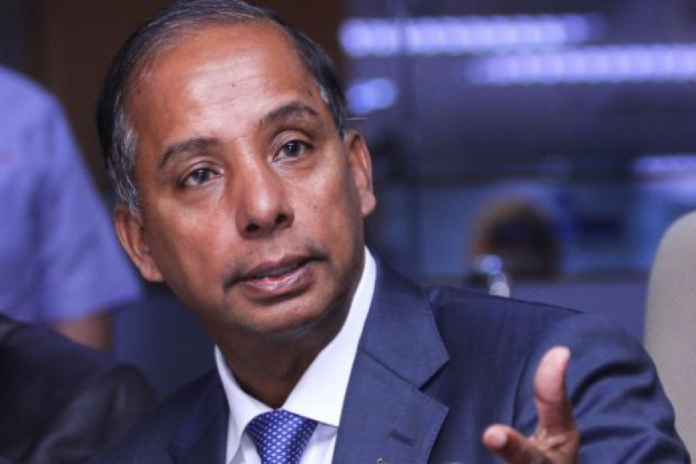Salary threshold for expats may be raised to protect locals
Human Resources Minister M. Kulasegaran said the threshold salary for foreign professionals may be raised to protect local employees. “A committee will be formed to look into the feasibility of raising the current salary threshold of between RM3,000 and RM5,000 for skilled foreign workers to a minimum of RM5,000,” he told reporters after visiting TalentCorp headquarters in Petaling Jaya. He said the move would create better employment prospects for locals seeking jobs in these fields. “This will allow locals to take up the jobs,” he added. At present, Kulasegaran said, only 5% or about 850 foreign professional workers fell under this category. “The number of skilled foreign workers under this category is low at only about 5% out of the 71,000 approved permits for expatriates. “There is a downward trend in employment of foreign professionals under this category owing to stricter conditions imposed by the Home Ministry,” he added. On efforts to attract more professional Malaysians living abroad to return home to work, Kulasegaran said there had been a 20% increase in the numbers since Pakatan Harapan took over the government in May last year. He said some 480 professional Malaysians had return home to work last year with TalentCorp setting a target of 1,000 for 2019. There are about one million Malaysians working abroad.
Meanwhile, YB Kula Segaran also announced that TalentCorp’s transfer to the Ministry of Human Resources (MOHR) is to focus on serving professional and graduate talents in Malaysia. This came after the Government’s efforts to align and restructure the departments and agencies under the Prime Minister’s Department after the 14th General Election. YB Kula said that TalentCorp’s renewed purpose is to focus on initiatives and interventions to build Malaysia’s professional and graduate talent space. He defined professionals as highly competent talent, usually university and TVET institution graduates with very strong skillsets, which Malaysia needs to ensure its future prosperity. “Malaysia is now facing numerous challenges. This includes ensuring that we meet the demand for an increased supply of skilled, future-ready talent that will be ready for the Fourth Industrial Revolution (4IR). However, Malaysia’s 2017 Department of Statistics data shows that only 28% of Malaysia’s workforce is high-skilled. This means that there’s an urgency to move quickly to create a pool of highly skilled professionals and graduates in Malaysia,” he said, adding that TalentCorp’s work is now more needed than ever.
TalentCorp was established in 2011 under the Prime Minister’s Department (JPM), as a response to the Tenth Malaysia Plan which outlined Malaysia’s critical need for highly skilled talent. Under MOHR, TalentCorp will continue to attract and optimise Malaysian talent, facilitate global talent and build networks of top talent, in order to ensure the Malaysian labour force is well primed to tackle the challenges of 4IR and the Future of Work. Among the agency’s revised focuses in the short term is to continue working with employers to implement work-life practices, and to recruit and retain women on career breaks through its Career Comeback Programme. TalentCorp is in charge of managing the tax break for women returnees, which is in the final stages of gazetting at the Ministry of Finance. The tax break was announced last November by YB Kula.
YB Kula also reminded the public that in order to progress quickly to meet the challenges of the Future of Work and continue to be relevant in the global economy, Malaysia must also embrace the best global talent, including top expatriates. “I want to emphasise that expats are not taking jobs away from locals. MOHR policies will always put the needs of Malaysians first. But we must also welcome foreign investors and global expertise, even if the expertise comes from foreign talent. Furthermore, foreign talent will help us reinforce and complement our national talent pool,” he said.




















